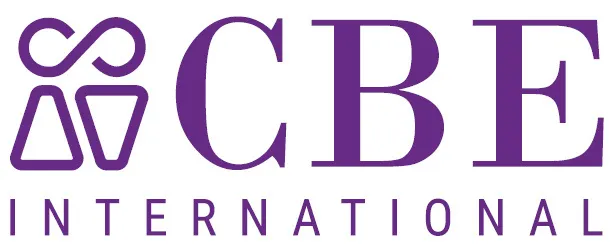Oral tradition, in the context of the Bible’s development, refers to the early storytelling, teaching, proclamation, singing, and similar activities that carried along the history and stories, songs and prayers that eventually comprised certain parts of the written Bible. Oral tradition is important for an egalitarian understanding of the Bible—its origins, development, nature, and relevance—because women were key players in this oral stage of the Bible’s development.
Two specific examples will make the oral traditions of the Old and New Testaments clearer.
One clear example is the Gospels. They were all written down decades after the events they retell. During those decades, the not-yet-written stories that we now know from the Gospels were being told out loud—by preachers and teachers, by mothers and fathers, by the apostles themselves, and by others who are now lost to history.
The book of Proverbs also provides evidence of an oral tradition. Consider Proverbs 25:1: “These are also proverbs of Solomon, copied by the men of Hezekiah, king of Judah” (CEB). Solomon reigned nearly 300 years before Hezekiah, and the book of Proverbs wasn’t finished nor available until long after Hezekiah’s reign ended. During those centuries, the telling and retelling of those proverbs was part of the oral tradition behind the book of Proverbs.
Moving beyond the oral stage of development, a common assumption is that the Bible was written by men. This assumption, however, might be wrong. Hebrews, for example, may have been written by Priscilla. CBE’s academic journal, Priscilla Papers, has addressed this question several times over the years (see “Priscilla, Author of the Epistle to the Hebrews?,” this book review of Priscilla’s Letter, “The Book of Hebrews Revisited,” and “Priscilla and Plausibility: Responding to Questions about Priscilla as Author of Hebrews”). But even if men did write all the books of the Bible, many passages record women’s words. Lengthy examples include Mary’s Magnificat in Luke 1:46–55 and the instructions of Lemuel’s mother in Proverbs 31.
Nevertheless, we still need to grapple with whether the oft-heard claim that men wrote the Bible is at least close to correct. But as you grapple, don’t forget about oral tradition! It’s important to understand that women did indeed contribute to the development of the Bible. It would be ludicrous, perhaps even comical, to assume that women were silent during those decades and centuries between the events first happening and later being recorded.
How did it happen, for example, that the instructions of Proverbs 31 were remembered for untold years between when they came from a mother’s lips and when they were put down by an author’s pen? Surely we shouldn’t assume that only men kept that teaching alive! Or the songs sung by leaders such as Moses and Miriam (Exodus 15), Deborah and Barak (Judges 5)—were these texts passed on only by men while waiting to be written down? Or can any reasonable person argue that though the only human witnesses to the first Easter morning were women, only men preserved the stories until the Gospel authors put them in writing? Of course not! Women were just as active as men in preserving the Bible during its various stages of development. Christians of all ages should at least be aware of those important women and grateful to them.
Can we spot more places where oral tradition is explicitly imbedded in the written text? And do we see glimpses of women’s input in Bible texts likely written by men? The opposite question is easy to answer: We will definitely not notice women’s input if we’re not looking for it. Let me close with an example of one woman’s input, which is clear because, in this instance, the Bible is overt about its own oral tradition.
The example is Proverbs 31, which was mentioned above. Its opening verse reads, “The words of King Lemuel of Massa, which his mother taught him” (CEB). Notice that this verse is itself not a proverb. Instead, it is a comment by the person compiling the proverbs. This compiler is aware of the material’s oral history, aware of where it came from. The compiler could have added nothing, or could have simply written, “The words of King Lemuel,” omitting the additional, “which his mother taught him.” But instead we have the whole statement and therefore a refreshing glimpse at the origin of Proverbs 31.
While a woman’s role in the oral tradition behind the Bible is overt in Proverbs 31:1, most instances are not as clear. Nevertheless, I am confident that seeing it once can open our eyes to see it again and again.
Photo by Joel Muniz on Unsplash





